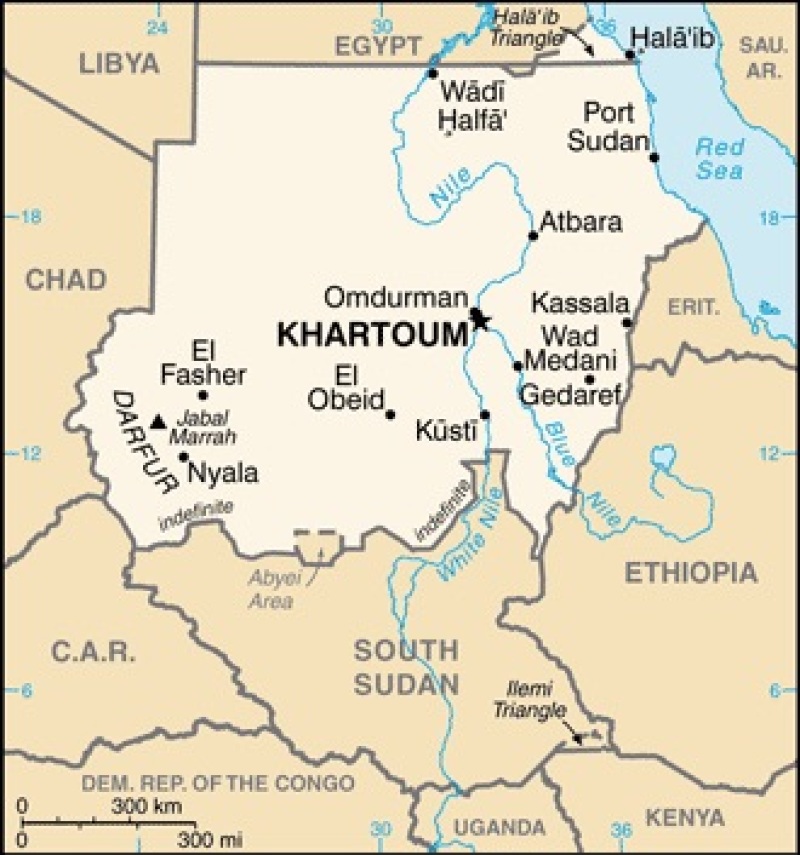
Two Evangelical Presbyterian pastors from South Sudan were charged with seven accounts of crime against the Sudanese government in a court hearing on Thursday, July 2. The crimes are punishable by death or life imprisonment. Their attorney has until July 14 to prepare a defense to prove the innocence of pastors Peter Yein Reith and Ya Michael Ruot.
A judge charged the pastors with criminal conspiracy, espionage, promoting hatred amongst the sects, blasphemy, undermining the constitutional system, obtaining official documents and disturbing the peace. The two pastors are currently held as prisoners in a maximum security prison in Khartoum without visitation rights.
"The ongoing restrictions on their legal and family visits are not only distressing for the pastors and their families, but also constitute yet another hurdle for their legal team to overcome and a violation of fair trial principles, as articulated by Article 14 of the International Covenant on Civil and Political Rights, to which Sudan is a party," said Mervyn Thomas, the chief executive of the human rights organization Christian Solidarity Worldwide.
The American Center for Law and Justice reports that the judge initially allotted attorney Mohaned Mustafa fifteen minutes to prepare a defense on Thursday. After protests by Mustafa, the judge agreed to give Mustafa twelve more days. The attorney may be expected to prepare a defense without communicating with Reith and Ruot, since the pastors lack visitation rights.
Ruot was arrested after preaching a sermon in a city nearby Khartoum on Dec. 21, 2014. Reith was arrested after writing a letter inquiring about Ruot to the Khartoum's Office of Religious Affairs on Jan. 11, 2015. The pastors were first imprisoned at Omdurman Prison, where they were allowed to see family members and had access to lawyers. On June 6, they were moved to Kober in North Khartoum and denied access to visitors.


















